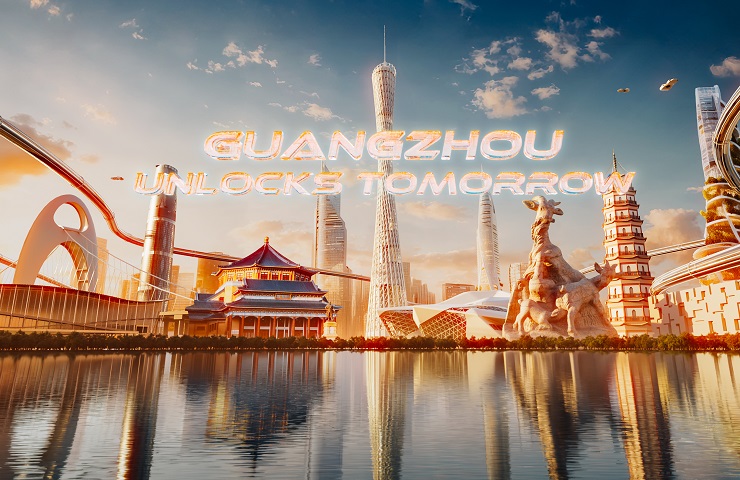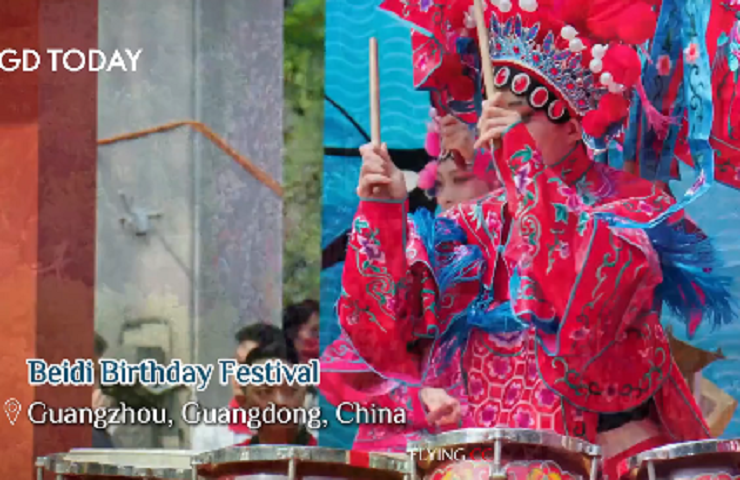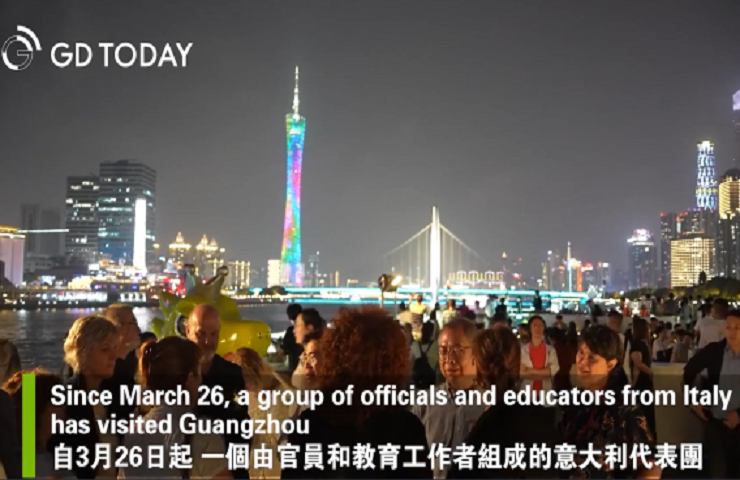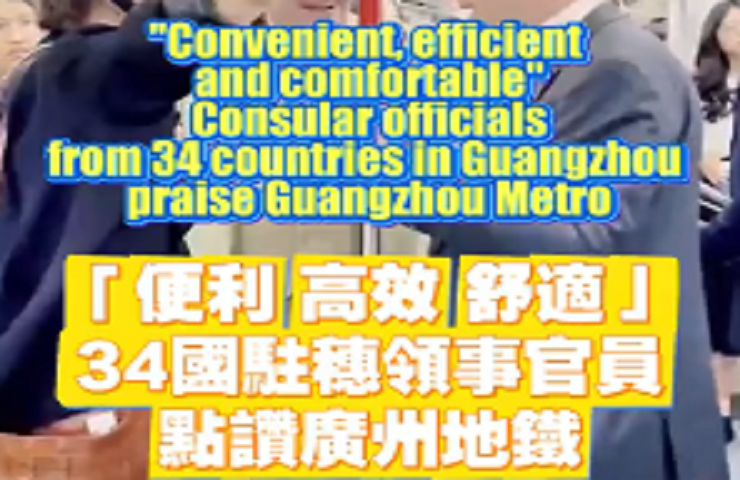Leading niche companies recognized as 'little giants' in China market
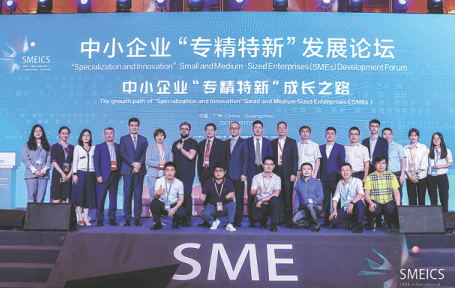
Representatives attend the Specialization and Innovation SMEs Development Forum in Guangzhou, Guangdong province. CHINA DAILY
Chinese high-tech small- and medium-sized enterprises have shown high growth potential on the back of support from the central and local governments.
During the 14th Five-Year Plan period (2021-25), China aims to nurture about 10,000 SMEs to become what the government refers to as "little giant" companies, a program initiated by the Ministry of Industry and Information Technology at the end of 2018.
The term "little giant" refers to leading SMEs that specialize in niche sectors, command a high market share, and boast a strong innovative capacity and core technologies.
So far the program has recognized nearly 5,000 such SMEs and has inspired provinces, municipalities and autonomous regions in China to launch similar plans, according to data released by the MIIT during the China International SME Fair in Guangzhou, South China's Guangdong province.
Another 40,000 SMEs have reached provincial requirements while more than 110,000 have been nurtured, data show. The figures are projected to increase to 100,000 and 1 million, respectively, by the end of 2025.
"People usually admire big and comprehensive companies, and it has long been neglected that SMEs with leading technologies in niche sectors could make a big contribution to the country's innovative environment," said Zhang Fan, general manager of domestically-listed Keanda Electronic Technology Corp.
"The strength of a country's manufacturing does not count on one or two big companies or a monopoly.
"Instead, it needs numerous champions in niche sectors that could even make a screw to the world's No 1," she told China Daily.
The company, based in Shenzhen, is a leading provider of products, service and system solutions for rail transit since 1998.
It was crowned a "little giant "together with another 247 companies in May 2019. Seven months later, it was listed on the SME board on the Shenzhen Stock Exchange.
So far its lightning protection system has been applied in more than 5,000 domestic railway stations and its signal axle counting system, a train positioning technology that is critical to safe operations, has been used in more than 180 metro lines in nearly 40 Chinese cities, said Zhang.
About 99 percent of the company's revenue came from the rail transit sector in the first half of this year. Signal control systems contributed to more than 80 percent of the total revenue.
During the same period, about one-third of the staff, 117 employees, were working on development and research.
"The title of 'little giant' is an honor to Keanda and a kind of affirmation of our continuous efforts in the rail transit sector," Zhang said.
Instead of expanding the business to other sectors, she noted the company will keep working in the field to meet new demands, for example, smart rail systems for driverless trains.
Shanghai Westwell Information and Technology Co, a fast-growing company that has earned a reputation for its full-stack intelligent port solutions and driverless container trucks, was selected as a "little giant" in August by the MIIT.
Expertise in such a niche area has driven its business growth up more than 300 percent annually, accounting for nearly two-thirds of the company's total revenue, the company figures show.
Overseas business has contributed significantly in the company's total orders.
Its research input keeps doubling each year, which demonstrated the company's commitment to unleashing new technologies, said Zhou Min, public relations manager of Westwell.
The company has benefited from the nation's incentive policies that aims to boost the innovation and technology development, and benefit from the local government support in improving SMEs conditions also, she noted.
"More importantly, the title of 'little giant' is like an industrial endorsement and a credit enhancement that could help us earn the trust for our business expansion and collaboration with the multinational corporations," Zhou noted.
Wang Junmin, president of Dongguan Tianluo Technology Co, also said the title of "little giant "could help the company get more orders from big companies such as Huawei, and expand funding channels.
The high-growth company, based in Dongguan, a manufacturing hub in Guangdong, is applying for the title.
It specializes in the research and production of keyboards and accessories for tablets, such as the protection covers.
"The sector was once monopolized by Taiwan-funded companies. We will keep investing in research for more patents and industrial design inventions to be the industrial leader," said Wang.
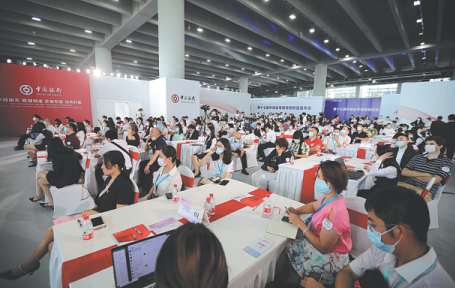
Participants work at a news conference on SMEs during the 17th China International SME Fair. CHINA DAILY
Copyright © Foreign Affairs Office of Guangzhou Municipal Government,
Hong Kong and Macao Affairs Office of Guangzhou Municipal Government All rights reserved.
Presented by China Daily.
京ICP备13028878号-28





